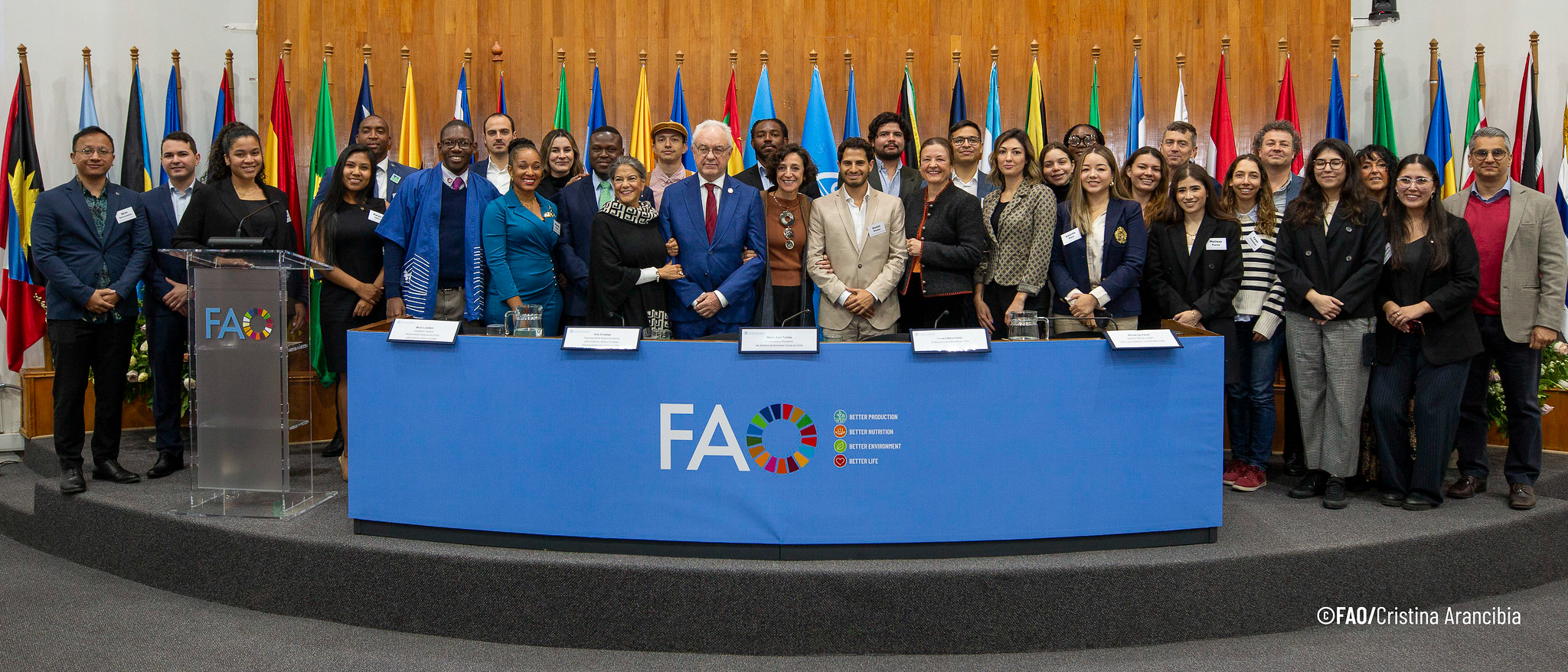SEED FUNDING JOINT PROGRAMMES
Egypt
Strengthening Sustainable and Resilient Food and Nutrition Systems in Egypt for SDG Acceleration




PROJECT TITLE | Strengthening Sustainable and Resilient Food and Nutrition Systems in Egypt for SDG Acceleration |
| Context | Egypt engaged actively in the 2021 Food Systems Summit process, convening a national dialogue and developing national pathways with recommended interventions for improving food security and nutrition by 2030. To enhance multi-sectorial coordination and spearhead the transformation process, the Government created a National Committee for Food and Nutrition Systems chaired by the Prime Minister and bringing together several ministries to coordinate joint actions. Strengthening coordination mechanisms, fostering multi-stakeholder partnerships, consolidating accountability structures, focusing on the availability of evidence, analysis, and data, are identified as key priorities to strengthen the food systems governance structure in Egypt. |
| PUNOs | WFP, FAO, UNICEF |
| Contribution to SDGs | SDG 2 Zero Hunger, SDG 3 Good Health and Well-being, 12 Responsible Consumption and Production. |
| Contribution to other SDG transitions | Climate, biodiversity, pollution |
| Duration | June 2024 – May 2025 |
| Expected financial leverage | $87,000 (PUNO co-financing) |
| Alignment with SG Call to Action | Policy integration; Food systems governance; Research, data, technology and innovation; Inclusive and participatory design; Private sector engagement |
| Outcomes | The JP contributes to strengthening policy and governance frameworks for food systems transformation and generating evidence and analysis on key dimensions of food systems to inform decision-making, supporting the work of the National Committee for Food and Nutrition Systems. The JP complements the government’s flagship program “Country Platform for the Nexus of Water, Food and Energy”, which provides a mechanism to mobilize climate finance and private investments. |
| Partners |
|
| Outputs |
|
Empowering the next generation of food systems leaders in Latin America and the Caribbean

Santiago de Chile — The UN Food Systems Coordination Hub, in partnership with the FAO Regional Office for Latin America and the Caribbean, held its third and final workshop for Youth Leadership Program workshop in Santiago, Chile. This five-day event, facilitated by the Wageningen Centre for Development Innovation, and held from May 6 to 10, gathered 25 young leaders from across Latin America and the Caribbean to enhance their leadership skills and resilience in navigating complex food systems.
Watch a recap of the workshop
About the program
The workshop, supported by the German Federal Ministry for Economic Cooperation and Development (BMZ), is part of a broader initiative to empower young leaders with the competencies necessary to integrate systems thinking into sustainable food systems strategies. This aligns with the urgent priorities outlined in the UN Food Systems Summit +2 Report, which underscores the pivotal role of youth in creating a resilient, equitable, and sustainable food future.
Goals and structure of the workshop
Opening at the FAO's regional headquarters for Latin America and the Caribbean, the program aimed to cultivate transformative leadership among young people from across the region. Its objectives include advancing transformative policies, implementing holistic scientific solutions, and developing sustainable business models that align with the Sustainable Development Goals (SDGs).
The curriculum of the workshop was designed around three core modules: Transformative leadership, scientific innovation, and policy advocacy. These modules provided the participants with a deep dive into the complexities of food systems, the importance of scientific evidence in policy-making, and effective stakeholder engagement strategies.

Workshop dynamics
Participants engaged in several activities including collective intelligence sessions, learning laboratories, and hands-on field experience. One of the highlights was a visit to the Sustainable and Green Peñaflor project, an initiative by FAO Chile. Here, the young leaders explored urban gardens, discussed the nuances of healthy diets, and examined the critical interaction between food production and public health. The field visit allowed participants to witness firsthand the practical challenges and innovations within local food systems. Discussions focused on the integration of sustainable practices into urban environments and the promotion of public health through improved food systems and mental wellbeing. This experience was not only informative but also equipped the young leaders with applicable strategies for their community projects.

Participant testimonials
Melissa Yamel Flores López – Mexico
"The most important thing that this workshop has given us is the networking and the relationships with young people, leaders also from other Latin American countries."
Isabel Sofia Baquerizo Medina – Ecuador
"One of the most special things we have learned during this time has been how to put and implement and put into action the projects and ideas we have."
Andrea Quiñonez – Ecuador
"Nothing can be done for the youth without the youth included in the process."
David Henry – St. Lucia
"This week has been so amazing. It has really helped me challenge my assumptions as to what the world of food and food systems are like."
Nicolette Francis – Antigua and Barbuda
"I have learned so much during the past five, four days. It's amazing to see young people come together and that are passionate that they really believe that we can do this."
Odane Brooks – Jamaica
"It has empowered me to be able to go back to Jamaica and to join the dialogue about how we can build resilience in our food system
Celeste María Mejía Flores – Honduras
"As young people, we raise our voices to really echo the issues of national interest such as public policies and improve in our countries everything that we are working on as leaders."
Juan Fernando Martinez Hernandez
"This program has inspired us to act, to act together to make agrifood systems more sustainable."
Impact and future direction
The workshop has set a strong foundation for these young leaders to become agents of change within their communities. As these young leaders return to their communities, armed with new knowledge and enhanced skills, the impact of their training is expected to resonate through improved food systems policies and innovative community projects.

